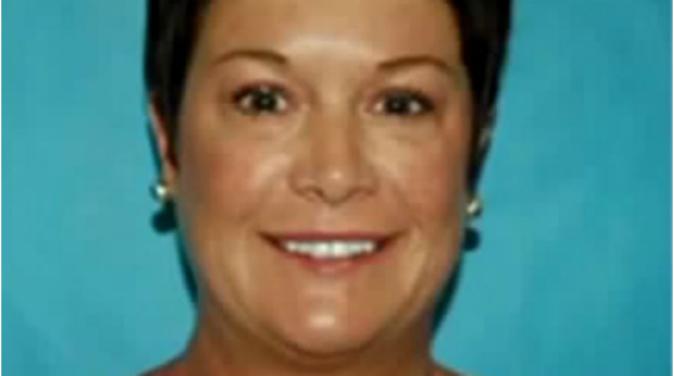Robin Williams’s widow, Susan Schneider, recounted the final moments of her husband’s life in an emotional essay for the medical journal “Neurobiology,” with the hope of bringing awareness to the disease that had besieged the actor’s brain.
In an essay entitled, “The Terrorist Inside My Husband’s Brain,” Schneider spoke of the “chemical warfare” that wrecked havoc on Williams’s brain before he committed suicide in 2014. Williams suffered from dementia caused by Lewy body disease (LBD).
“I am writing to share a story with you, specifically for you. My hope is that it will help you understand your patients along with their spouses and caregivers a little more,” Schneider began the missive. “This is a personal story, sadly tragic and heartbreaking, but by sharing this information with you I know that you can help make a difference in the lives of others.”
Schneider recounted an instance in April when Williams was unable to recall script lines from his film, “Night of Museum 3.” She said his inability to do so was heartbreaking for the actor, who just five months prior had effortlessly performed on the Broadway production, “Bengal Tiger at the Baghdad Zoo.” Williams’s changing brain resulted in uncertainty and doubt in his capability to perform.
“He was very concerned with insecurities he was having about himself and interactions with others. We went over every detail,” she wrote. “The fears were unfounded and I could not convince him otherwise. I was powerless in helping him see his own brilliance.”
Schneider said she became hopeless when she realized that for the first time, she was unable to help him herself and sought out several health specialists, whom all were unable to diagnose the 63-year-old actor. Shortly thereafter, he was diagnosed with Parkinson’s disease (PD) on May 28.
The diagnosis offered an answer to the numerous of questions that were plaguing the couple. Williams, not convinced the answer to his deteriorating health was PD,maintained a healthy lifestyle—Williams had once led a less-sustainable life fueled by drugs—and those were some of the happiest times the couple shared together.
“Throughout all of this, Robin was clean and sober, and somehow, we sprinkled those summer months with happiness, joy, and the simple things we loved: meals and birthday celebrations with family and friends, meditating together, massages, and movies, but mostly just holding each other’s hand,” she wrote.




